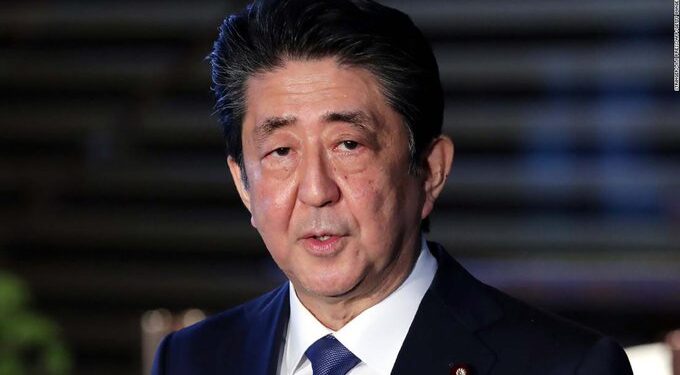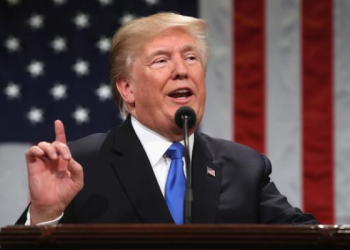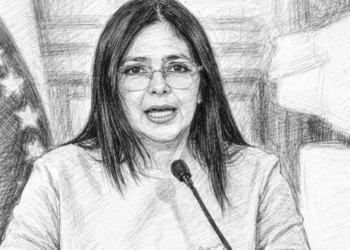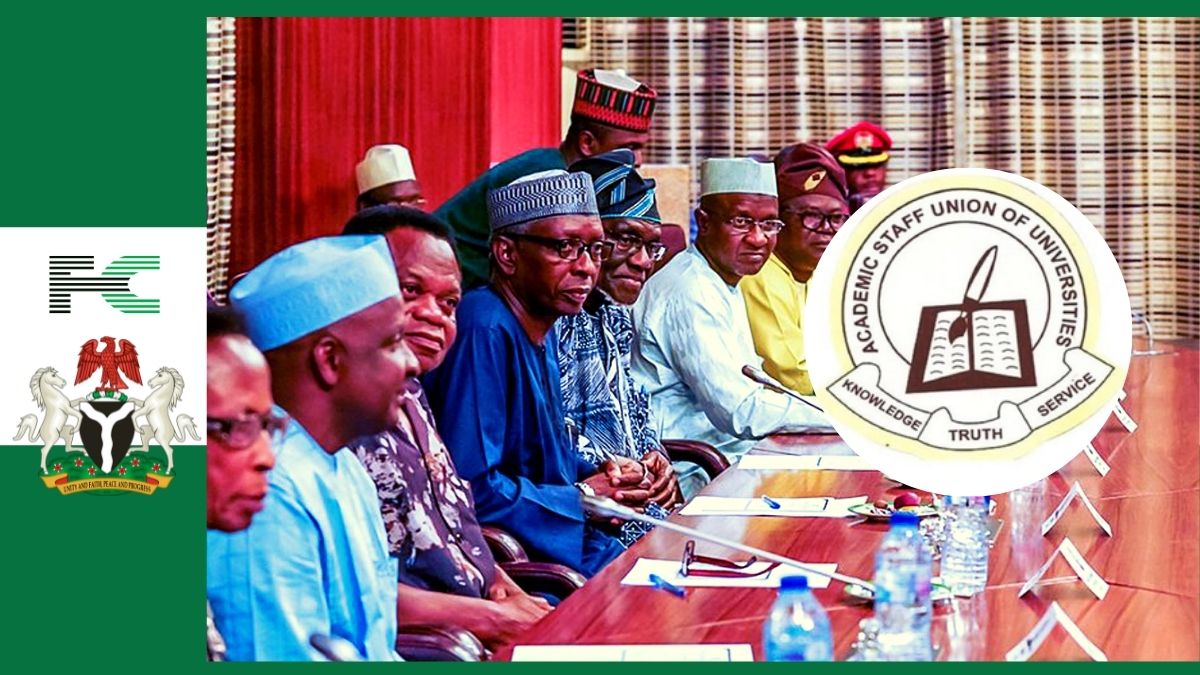In a Tokyo courtroom, Tetsuya Yamagami, the man accused of killing former Japanese Prime Minister Shinzo Abe, offered a simple, chilling confirmation of his guilt on the first day of his trial: “Everything is true.”
The 45-year-old’s plea brings a swift legal resolution to the 2022 assassination that shocked the world, a act of violence carried out with a homemade gun during a campaign speech in Nara. But his admission does little to resolve the deep political and social fissures the killing exposed, revealing a story of personal ruin, political connections, and a nation’s shattered sense of security.
Yamagami’s confession confirmed his previously stated motive: a deep-seated resentment toward Abe, whom he blamed for promoting the Unification Church. Yamagami alleged the religious group, popularly known as the “Moonies,” had bankrupted his mother through donations totaling an estimated 100 million yen ($660,000), destroying his family.
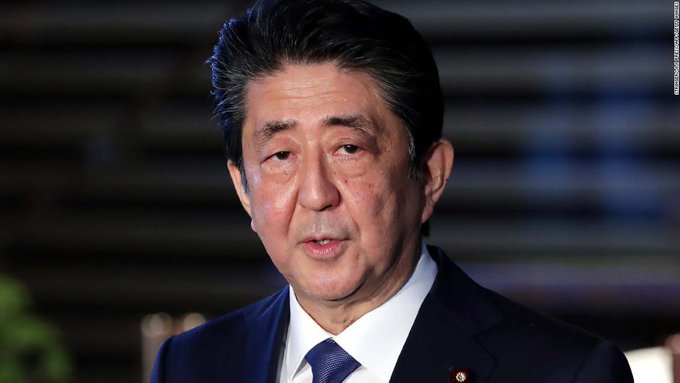
This personal grievance, fired from a handmade weapon, inadvertently triggered a national political earthquake. The assassination forced a long-overdue public reckoning over the cozy ties between Japan’s ruling Liberal Democratic Party (LDP) and the church, leading to the resignation of four cabinet ministers and exposing a shadowy network of influence.
Why It Matters
Tetsuya Yamagami’s guilty plea closes the criminal case, but it opens a permanent wound in Japan’s political conscience. His act was not just the targeting of a single politician, it was also a violent outburst against a perceived system of corruption and impunity that allowed a powerful religious organization to prey on citizens while enjoying political protection.
The court’s subsequent decision to disband the Unification Church is a direct consequence of this assassination, proving that Yamagami’s bullet, however horrific, achieved a perverse form of accountability that years of quiet criticism had failed to deliver. The real trial is no longer about one man’s guilt, but about a political establishment’s failure to protect both its leaders and its people from the consequences of its own questionable alliances. Japan has its confession, but it is still waiting for its full reckoning.

